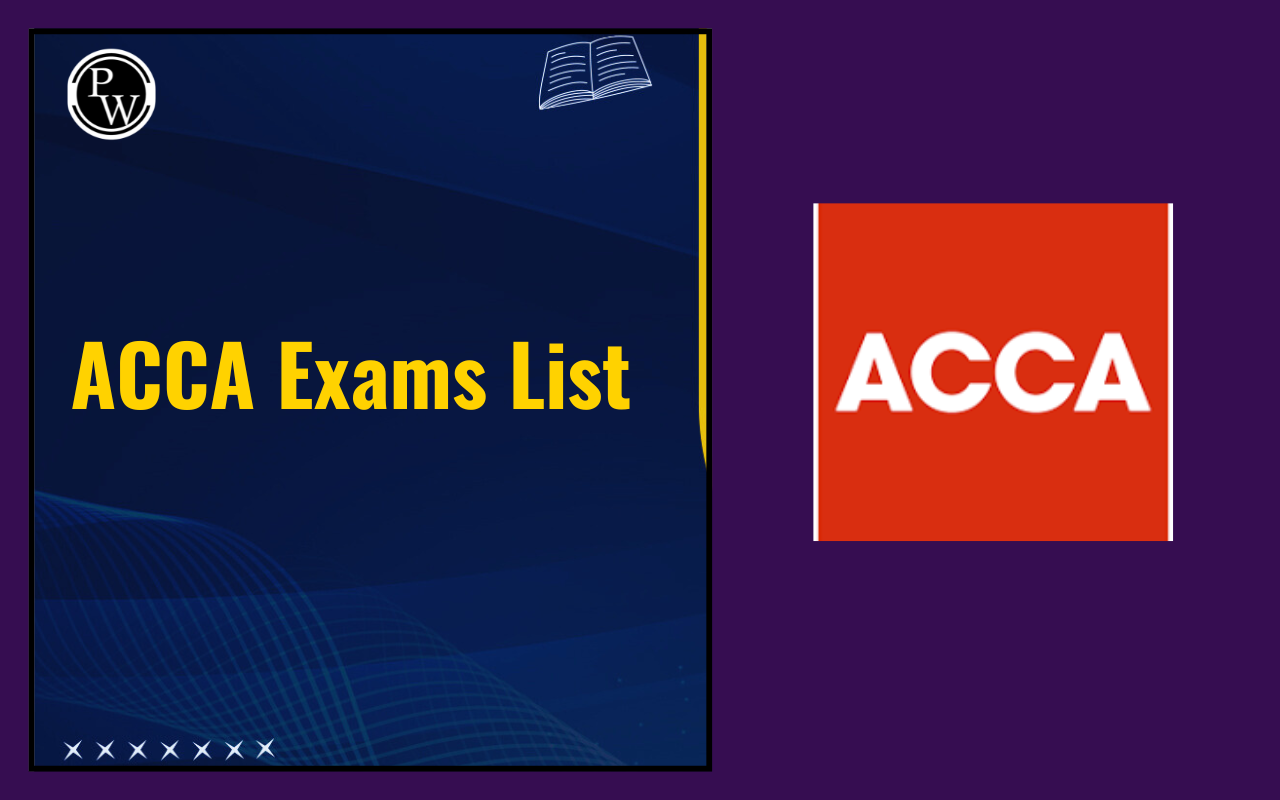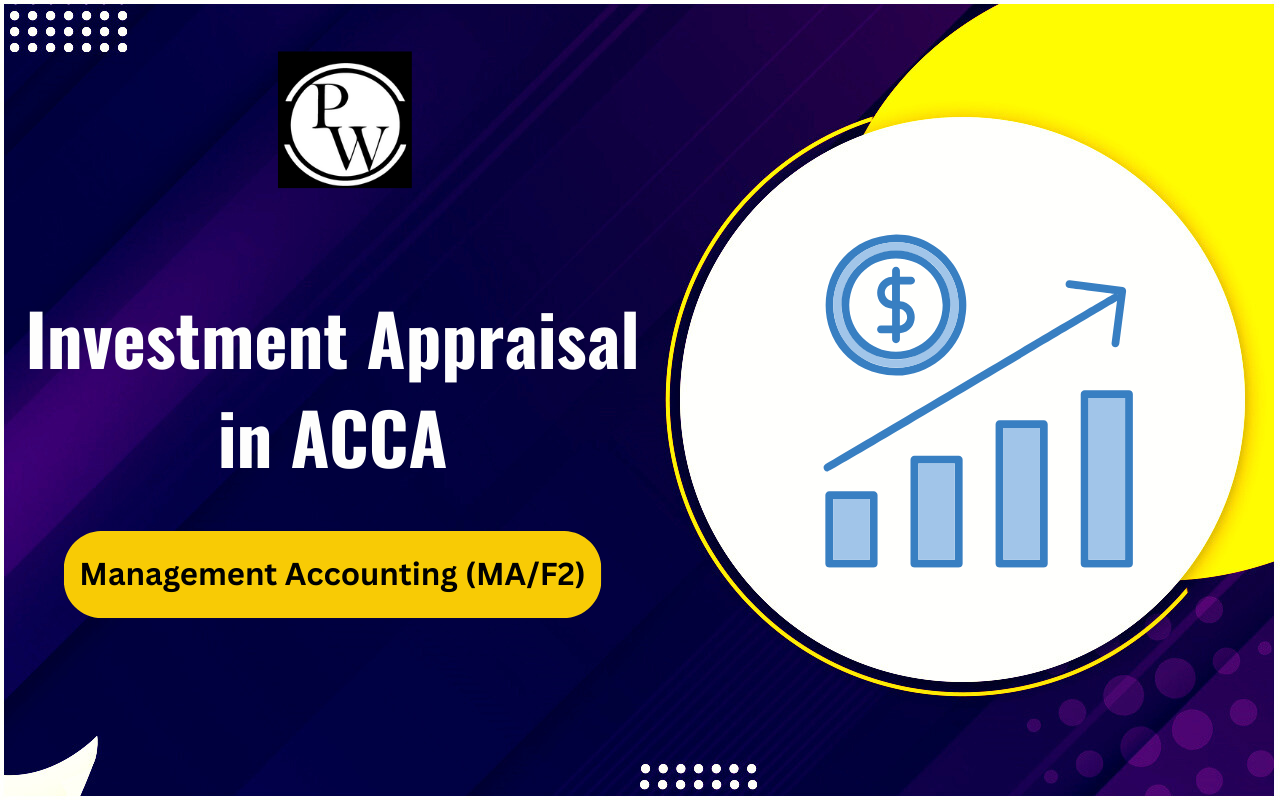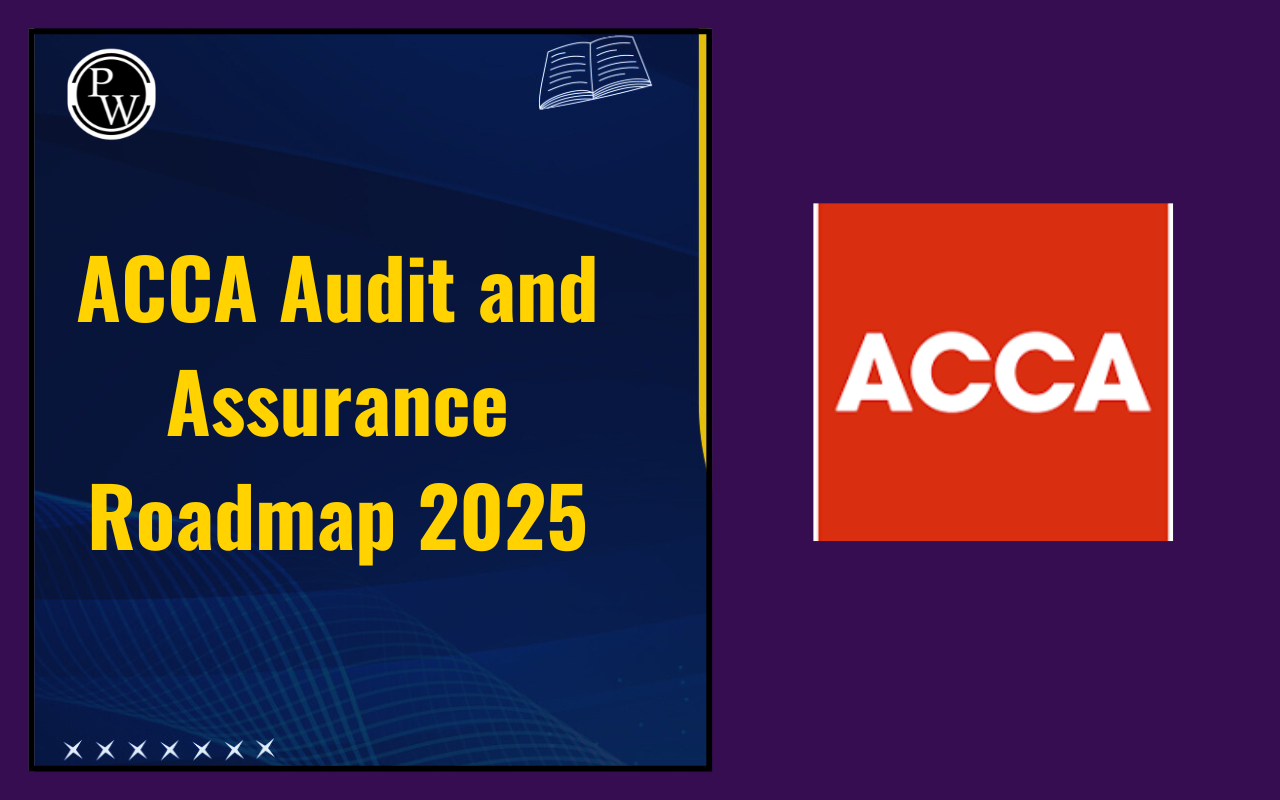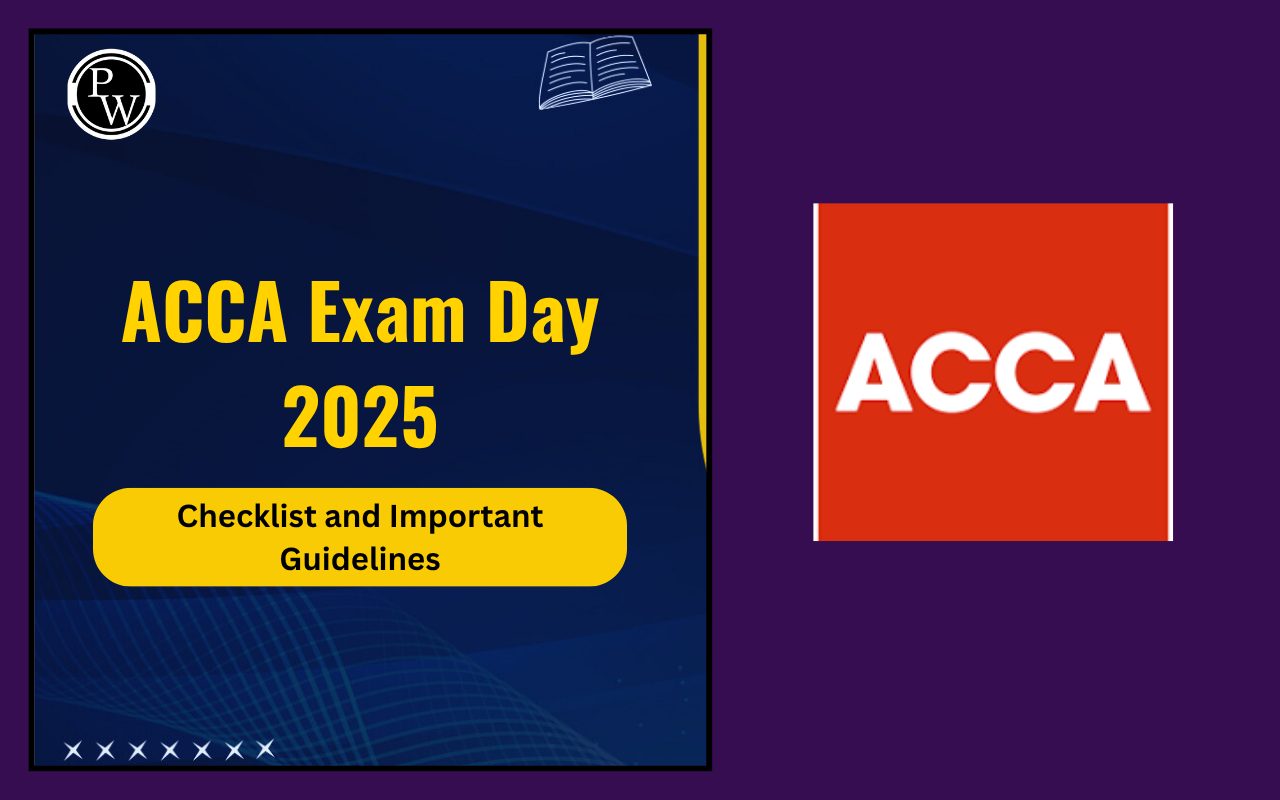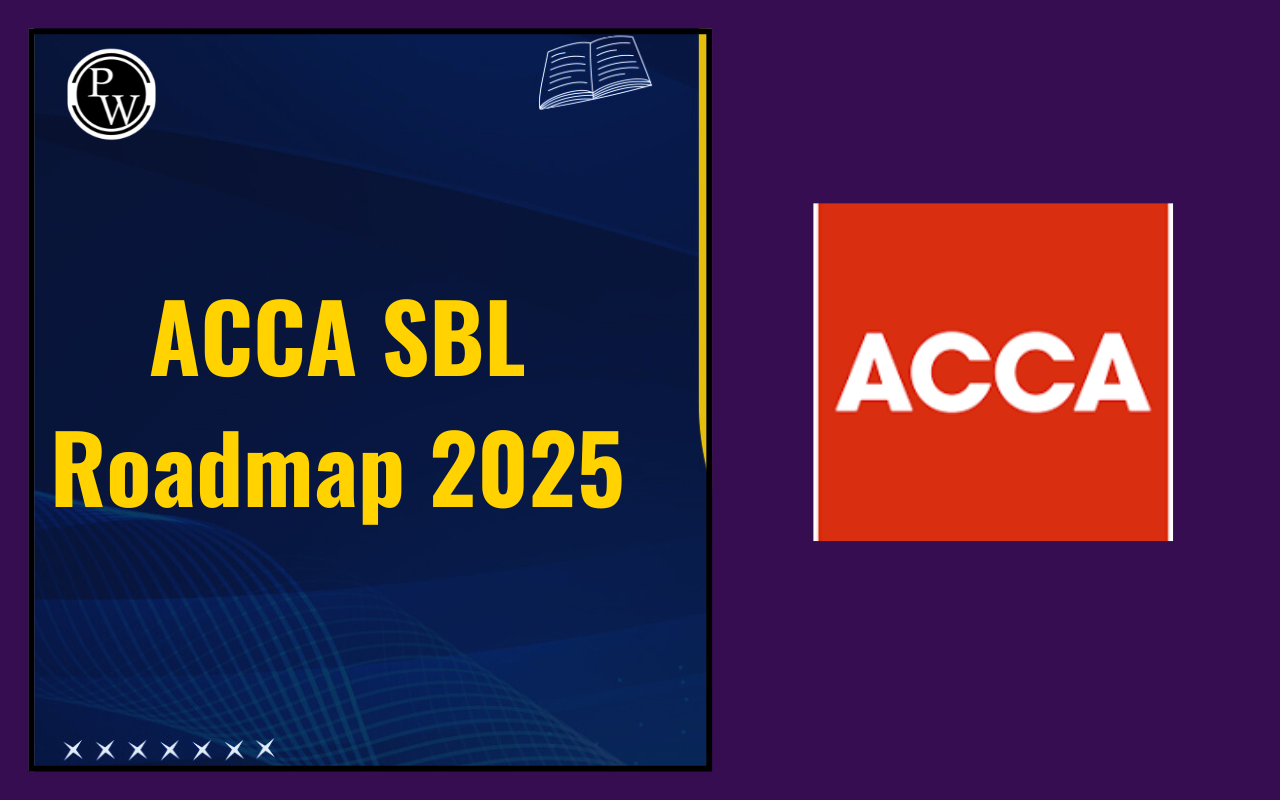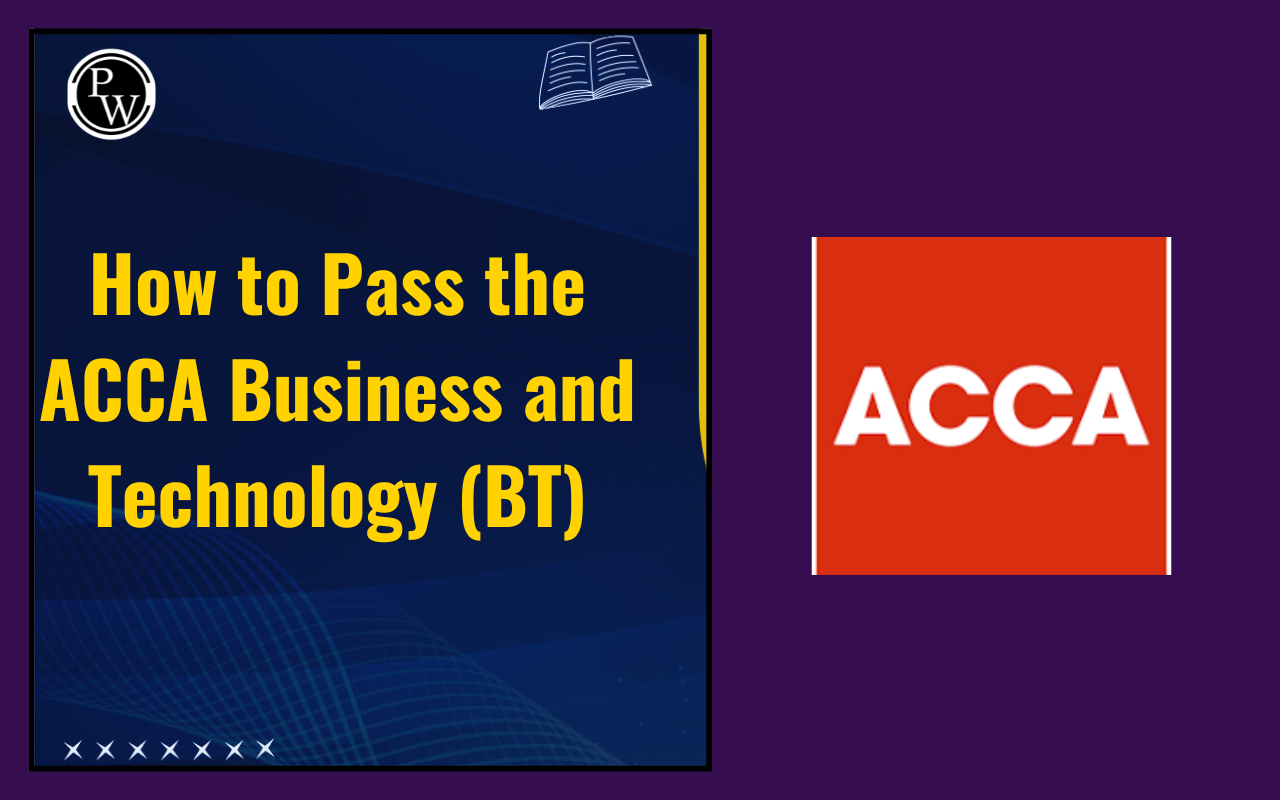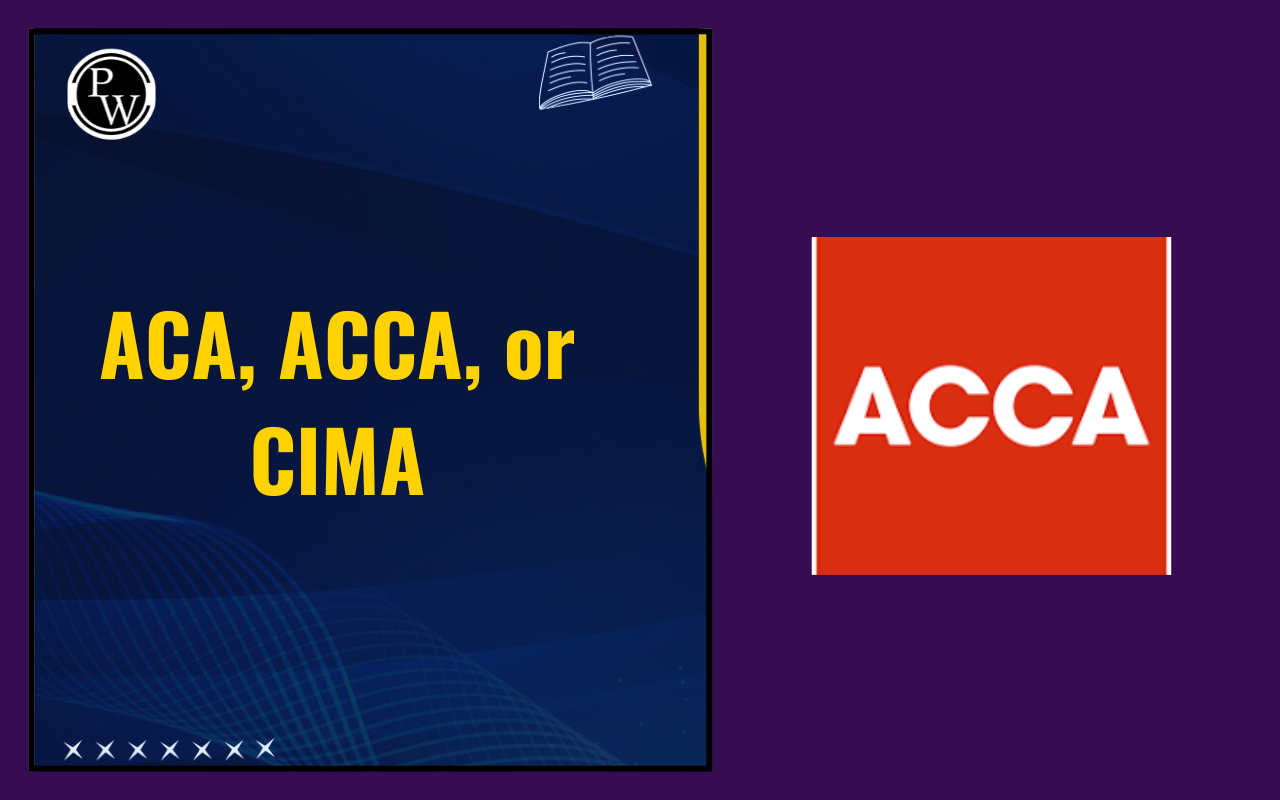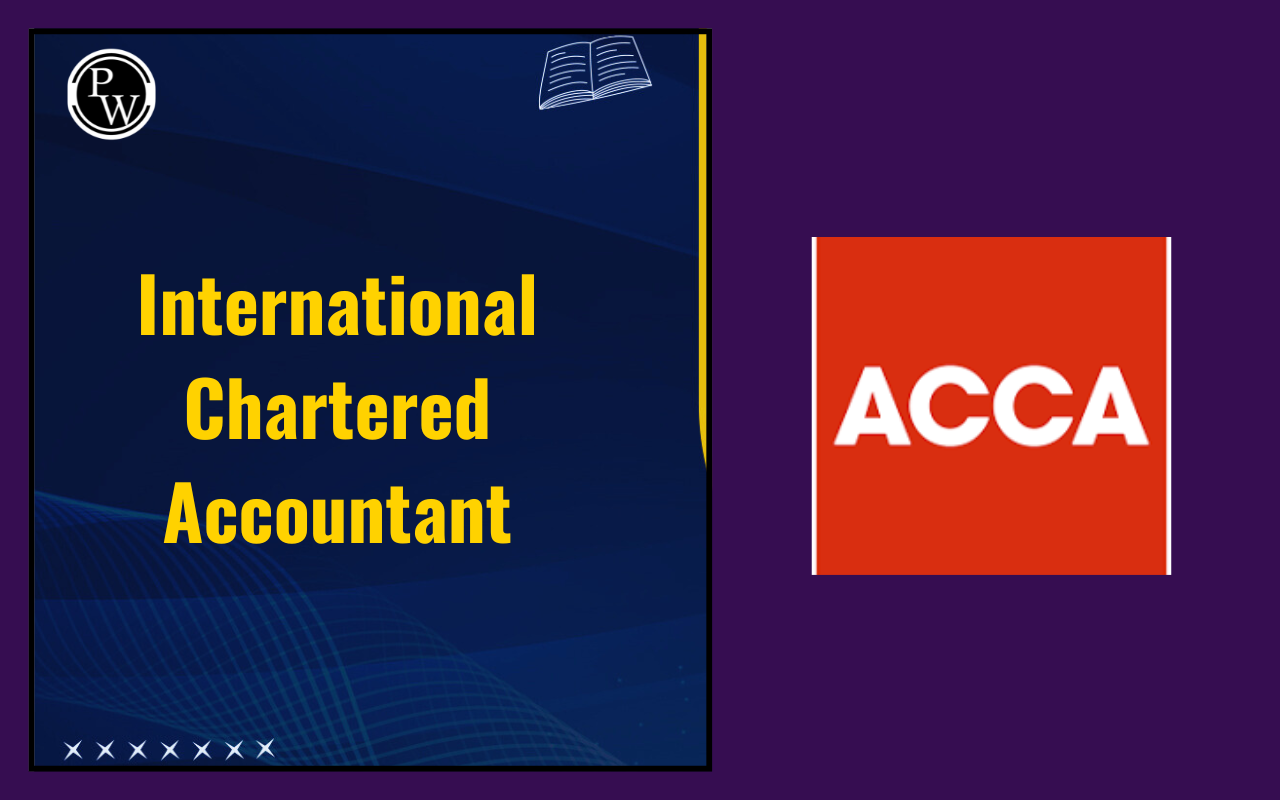
ACCA AA Exam Preparation: The ACCA Audit and Assurance (AA) paper is an important part of the Applied Skills level. It tests how students apply audit principles to real-life situations. ACCA AA Exam Preparation is not about memorising but about understanding and applying concepts. With the right approach, you can feel confident and ready for the exam. Below, we’ve mentioned a detailed ACCA AA Exam Preparation Strategy, ACCA AA Exam Syllabus for students which will help them in their ACCA AA Exam preparation.
ACCA AA Exam Preparation
ACCA AA Exam Preparation means learning the exam format, practising questions, and understanding audit standards. The exam has two sections. The first is multiple-choice questions. The second is scenario-based questions. Both test the students’ ability to apply knowledge, not just recall definitions. To succeed, focus on practice and linking answers to real cases.
ACCA AA Exam Syllabus Overview
The ACCA AA syllabus covers key audit topics. It is important to know what areas to study. Below, we’ve mentioned the ACCA AA Exam syllabus:
| ACCA AA Exam Syllabus | |
| Section | Topics Covered |
| A. Audit framework and regulation |
1. The concept of audit and other assurance engagements 2. External audits 3. Corporate governance 4. Professional ethics and ACCA’s Code of Ethics and Conduct |
| B. Planning and risk assessment |
1. Obtaining, accepting, and continuing audit engagements 2. Objective and general principles 3. Assessing audit risks 4. Understanding the entity and its environment, and the applicable financial reporting framework 5. Fraud, laws, and regulations 6. Audit planning and documentation |
| C. Internal control |
1. Systems of internal control 2. The use and evaluation of systems of internal control by auditors 3. Tests of controls 4. Communication on internal control 5. Internal audit and governance, and the differences between external audit and internal audit 6. The scope of the internal audit function, outsourcing, and internal audit assignments |
| D. Audit evidence |
1. Assertions and audit evidence 2. Audit procedures 3. Audit sampling and other means of testing 4. The audit of specific items 5. Automated tools and techniques 6. The work of others 7. Not-for-profit organisations |
| E. Review and reporting |
1. Subsequent events 2. Going concern 3. Written representations 4. Audit finalisation and the final review 5. The Independent Auditor’s Report |
| F. Employability and technology skills |
1. Use computer technology to efficiently access and manipulate relevant information 2. Work on relevant response options, using available functions and technology, as would be required in the workplace 3. Navigate windows and computer screens to create and amend responses to exam requirements, using the appropriate tools 4. Present data and information effectively, using the appropriate tools |
ACCA AA Exam Preparation Strategy
A clear strategy makes ACCA AA Exam Preparation easier. Below, we’ve mentioned the simple ACCA AA Exam Preparation Strategy:
1) Start with ACCA AA Past Papers
Do not wait to complete the syllabus. From the start, practice ACCA AA past papers. This shows the exam style and common questions. It also helps students understand how to apply audit standards.
2) Focus on Core Topics
Give more attention to important topics like audit risk, planning, internal controls, and audit evidence. These areas carry more marks. Strong preparation here makes their ACCA AA Exam Preparation more effective.
Check also: ACCA BUSINESS AND TECHNOLOGY
3) Learn Audit Standards
The exam often tests audit standards. Read them in simple terms. Understand how to apply them to scenarios. While doing ACCA AA past papers, practice linking their answers with audit standards.
4) Apply, Do Not Memorise
Memorising does not work in this exam. Students should always connect their answers to the case study given. In ACCA AA Exam Preparation, focus on applying concepts to real-life audit problems.
5) Improve Writing Style
Use clear and short sentences. Avoid long theory answers. Learn the right audit language. Words like misstatement, assertion, and audit evidence make their answer strong.
Check also: HOW TO ATTEMPT ACCA MCQS
6) Manage Time Well
Students should plan their time during the exam. Write answers according to the marks given. In ACCA AA Exam Preparation, practise completing questions within time limits.
7) Use ACCA Resources
ACCA provides free resources like examiner reports, technical articles, and the Study Hub. Use these along with ACCA AA past papers. They explain where students lose marks and how to improve.
8) Do Not Ignore Ethics
Ethics is a small topic, but it brings easy marks. Students should cover this early in their ACCA AA Exam Preparation to avoid losing simple marks.
ACCA AA Exam Preparation is about practice, application, and consistency. Start early, use ACCA AA past papers, and connect their answers with audit standards. Focus on important topics and manage time well. With steady practice, the ACCA AA exam becomes easier to handle. Stay calm, keep their preparation simple, and students will be ready to perform with confidence.
ACCA AA Exam Preparation FAQs
How many times is the ACCA AA exam held in a year?
Is ACCA AA Exam Preparation more about theory or application?
How do ACCA AA past papers help in exam preparation?
What is the role of audit standards in the ACCA AA exam?

